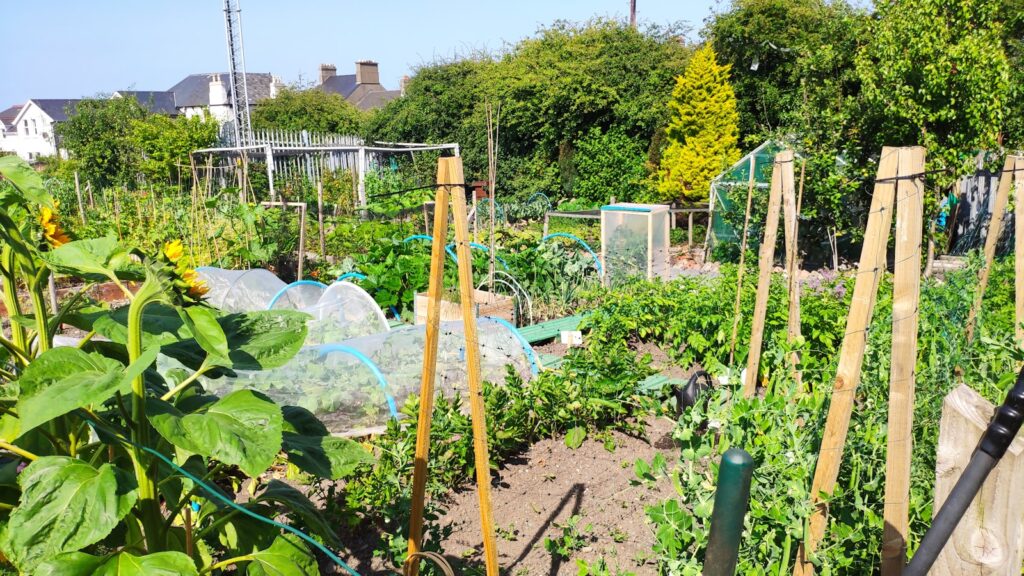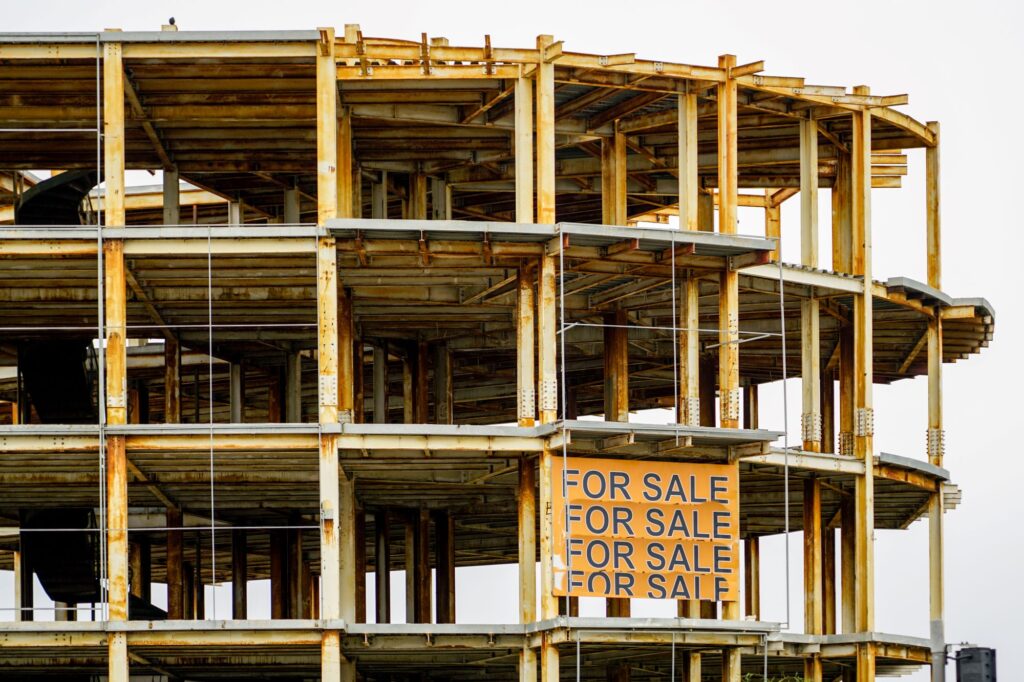Wealden council leaders have written to the deputy prime minister and housing minister asking for help to solve the housing crisis across the district and opposing planned reforms to planning laws.
Leader Rachel Millward, Alliance for Wealden (Green), and deputy-leader James Partridge, Alliance for Wealden (Liberal Democrat) have written to Angela Rayner and Matthew Pennycook in light of proposed reforms to the National Planning Policy Framework and also say that Wealden District Council still faces barriers when it comes to helping residents find suitable housing.
National Planning Policy Framework reforms could see a figure of 1,397 dwellings per annum for the district. The council published its draft Wealden Local Plan in March 2024 which outlined that Wealden would be able to deliver 953 dpa.
In the letter to the deputy prime minister and housing minister, Councillor Millward and Councillor Partridge wrote, ‘There is no way that it’s possible to build at the rate your proposed targets require. Between 2012 and 2022, the average number of houses built here was 726 per year. At this moment, we have granted permissions to 8,400 homes which remain unbuilt, in many cases not even begun.
‘The situation is made even worse as Registered Providers are no longer able to deliver section 106 allocations for affordable housing on planned developments, due to soaring costs of building safety, Decent Homes, decarbonisation and increased regulation. The system needs a complete overhaul, and local authorities need powers to ensure fast delivery of housing after permission is given.
‘The specifics of Wealden’s landscape simply do not allow us to reach the targets you wish to impose. Some 53% of Wealden is National Landscape; and the Pevensey Levels site and Ashdown Forest have to be protected against further damage. Our Sites of Specific Scientific Interest cover almost 10% of the district, and another 7% of our area is in the South Downs National Park.
‘We also have 14 Biodiversity Opportunity Areas that cover 15% of Wealden. These areas offer the best opportunities to enhance biodiversity in a country with one of the worst records of protecting biodiversity in the developed world. Areas of high biodiversity and carbon sinks need greater protection from further damage, not just for our residents, but for the nation.
‘The hope that increased housing numbers would result in falling prices has proved to be false. From the early 1990s to 2016 the number of new homes built exceeded population growth yet prices rose – in the south east the average price of a home rose from £63,000 in January 1992 to £309,000 in December 2016, and current prices are higher still.
‘It follows that no amount of playing with the calculation of Standard Method will achieve the desired result, because the viability test – which protects developer’s profits at 20% – and developers’ practice of manipulating prices through land-banking and drip-feeding new homes to estate agents will continue to keep most of what is built unaffordable to all but a small minority of the population. If we are to solve this housing emergency, the viability test must be scrapped, and community need prioritised over developer profit.’
The two councillors have also highlighted the need for local authorities to be able to provide more social housing.
They wrote, ‘We have just over 3,000 council houses in Wealden. There is affluence, but also significant pockets of deprivation, and we, like everywhere, are experiencing a dramatic rise in the pressures on our housing services and the demand for temporary accommodation. We want nothing more than to help our residents find suitable housing and rewarding employment. History clearly shows us that the private sector cannot deliver ambitious housing programmes alone. Between 1946 to and 1980, 4.4m (126,000 per annum) new social rented homes were delivered, mostly by local councils. We are best placed to deliver for the local communities we understand, and have the in-house skills required. Yet our Housing Revenue Account is under pressure.
‘As every local authority with retained council housing will share, we are struggling with increasing costs of debt servicing; unpredictable and frequently changing national rent policy; increasing labour, construction and inflation costs; and the need to balance the essential but unfunded costs of building and fire safety; Decent Homes; increased consumer regulation and decarbonisation, curtailing our ability to provide new homes. Moreover, each year we lose valuable stock through right to buy. Wealden is one of more than 100 councils signed up to the ‘Securing the Future of Council Housing’ campaign, and we urge ministers to seriously consider the recommendations made in the report ahead of the Autumn Budget.
‘Councils must be given the legal freedom and financial means to build social homes at scale and enabled to acquire the necessary land at current use value, and an urgent reform of Right to Buy is required, removing the discounts currently offered and committing to enable councils to retain 100% of receipts in the longer term.’


















Leave a Reply